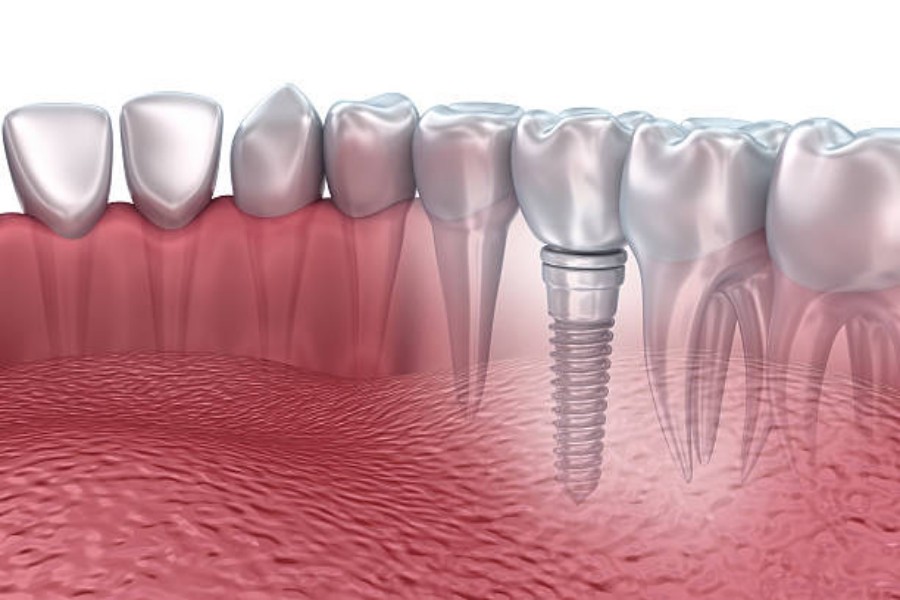Table of Contents

Introduction: Understanding Titanium strip
If you're looking to invest in high-quality metal materials for your industry, you may want to consider titanium strip. Titanium is a highly versatile and durable metal that can be used in many different applications. In this article, we'll dive into what titanium strip is, how it's made, and the many benefits it can offer.
What is Titanium Strip?
Titanium strip is a thin, flat piece of metal that is primarily composed of titanium. It's typically used in a variety of industries including aerospace, medical, and automotive as it has many properties that make it a superior material. One of the defining characteristics of a titanium strip is its thinness, which makes it a popular choice for applications where a lightweight material is required.
The Manufacturing Process for Titanium Strip
The manufacturing of titanium strip can be a complex process. The first step is to acquire high-grade titanium, which is then melted down and cast into a semi-finished form. The titanium is then passed through a series of rolling mills that work to progressively reduce its thickness and refine its grain structure. Finally, the titanium is annealed and further rolled to achieve the desired thickness and surface finish.
Titanium Strip's Strength and Corrosion Resistance
One of the most significant advantages of titanium strip is its exceptional strength and corrosion resistance. Due to its ability to withstand harsh environments, it's commonly used in marine and chemical processing industries. It's also a popular choice for use in prosthetic implants and biomedical devices, where its biocompatibility and durability make it an ideal material.
The Thermal Properties of Titanium Strip
Titanium strip has exceptional thermal properties, making it an excellent choice for high-heat applications. It has a low thermal conductivity, which means that it retains a significant amount of heat. Additionally, it has a high melting point, which allows it to withstand temperatures that would cause other metals to deform or melt.
Titanium Strip's Cost Efficiency
While titanium can be an expensive material to work with, the cost efficiency of titanium strip is significantly higher than that of other titanium products. The cost of producing titanium strip is comparatively low, and it requires less material overall, making it a cost-effective solution for many applications.
Titanium Strip's Lightweight Construction
Titanium strip's lightweight construction makes it a popular choice for aerospace and automotive applications. Due to its low weight and high strength, it can be used in place of other materials where weight reduction is critical.
The Use of Titanium Strip in Electronics
Titanium strip is also a popular choice for use in electronic applications. It's an excellent conductor of electricity and is often used in the construction of connectors and other electronic components. Due to its high strength and resistance to corrosion, it's an ideal choice for use in harsh electronic environments.
Titanium Strip's Resistance to Fatigue
Another significant advantage of using titanium strip is its resistance to fatigue. It has a high resistance to cyclic loading, which means that it can withstand repeated loading and unloading without suffering from fatigue or cracking. This makes it an ideal choice for use in applications where durability and longevity are essential, such as in aircraft and medical applications.
Titanium Strip's Machinability
Finally, titanium strip is relatively easy to machine, making it an attractive option for manufacturers. It can be drilled, cut, and shaped into a wide range of sizes and shapes, without compromising its strength or other properties.
Conclusion: The Benefits of Titanium Strip
Titanium strip is an exceptional material that offers many benefits to a wide range of industries. Its strength, corrosion resistance, thermal properties, and fatigue resistance make it an ideal choice for aerospace, automotive, medical, and electronic applications. Additionally, its lightweight construction, cost efficiency, and machinability make it an attractive option for manufacturers looking to create high-quality products with exceptional capabilities.
